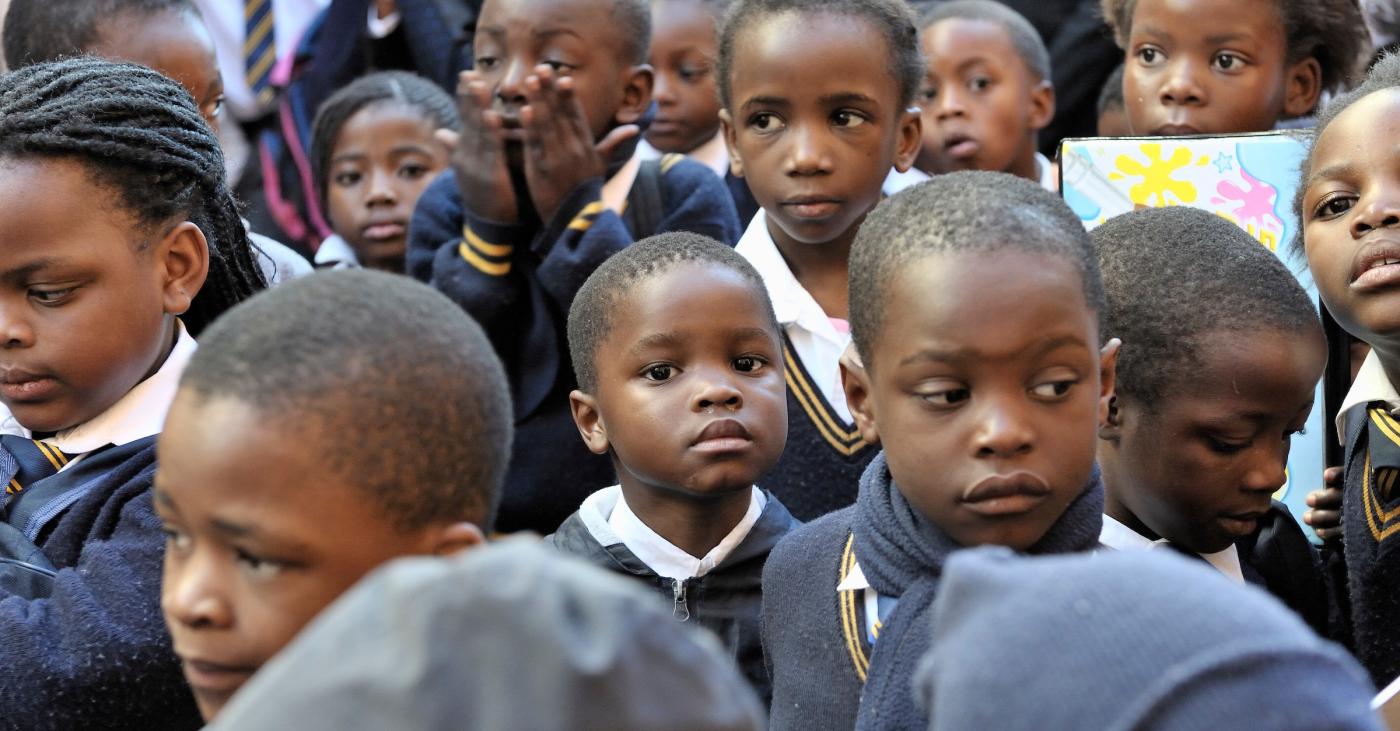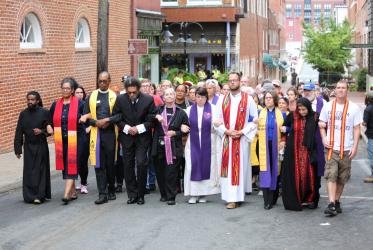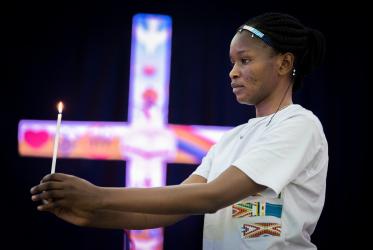The theme for 2023 for the African Union is “Year of AfCFTA: Acceleration of the African Continental Free Trade Area Implementation.”
One of the AfCFTA's objectives is to "create a single market for goods, services, facilitated by movement of persons in order to deepen the economic integration of the African continent and in accordance with the Pan African Vision of an integrated, prosperous and peaceful Africa.”
Among the many problems and challenges Africa faces today, embedded racism and xenophobia are widely experienced across the continent. These are both legacies of colonial divisions as well as indicators of continuing external influences of former colonial masters and new super powers.
World Council of Churches general secretary Rev. Prof. Dr Jerry Pillay offered opening reflections during the webinar, thanking the All Africa Conference of Churches for its role and leadership in planning the webinar.
Pillay related the history of Africa Day and the “vision that sought transcendence of ethnic and national differences.”
He also encouraged speakers and participants to “learn afresh together” to help churches play a vital role in this vision.
"Sisters and brothers, as Christians we are stakeholders in the present and future of Africa and, as stakeholders, we cannot outsource our duties and responsibilities to our generation and to those who come after us alone,” he said.
Dr Catherine Namakula, a Ugandan who teaches law, at the University of the Free State in South Africa and is a member of the UN Working Group of Experts on People of African Descent, then moderated a wide-ranging discussion.
She touched upon the sets of laws and policies that, for example, have led a wide range of discriminations. “There has been limited and economic and social mobility of Africans and people of African descent,” she said. “There has been conquest and manipulation of markets, and manipulation of supply chains.”
She also noted there has been a criminalization of African financial systems and institutions. “How do we then make this market an opportunity for Africans?” she asked.
In answering this question, panelists spotlighted how embedded racial and xenophobic prejudices are inhibiting a strong and united Africa. They explored the ways in which the role of religion, especially Christianity and Islam, has been weakening or strengthening people of African descent.
The conversation—which sought to answer the question “How can faith communities contribute to the development of a shared African identity devoid of racist and xenophobic prejudices in the enhancement of the AfCFTA & the Free Movement Protocol?”—interrogated the role of faith communities in engendering division among people of African descent within the framework of the AfCFTA and the Free movement protocol.
Speakers and participants proposed ways in which faith communities can contribute to the development of a shared African identity, and promote the ratification of the Free Movement protocol, including the mobilization of the masses that gather three or more times to listen to the teachings of the church across the continent and working closely with media practitioners who can help disseminate information far and wide.
The conversation aimed to increase awareness of the impact of racist and xenophobic prejudices to the status of Africa and people of African descent within Africa and in the global village.








